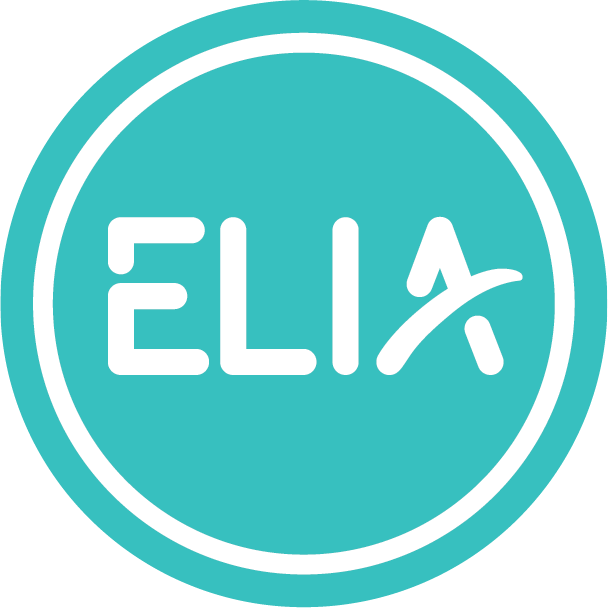
100 days to die, what would you do?
Wellness Article
Interesting question. How would that focus your mind? What would become important to you? Would your priorities change?
I expect so.
It’s the topic Fausto Brizzi tackles in his novel 100 Days of Happiness. Based in Italy (where the book was a best seller), the main character, Lucio Battistini, is not yet 40 when he discovers he has inoperable cancer.
Married with two young children, he’s sleeping in the stock room of his father-in-law’s bakery when he’s diagnosed. He’d been thrown out of home when his wife discovered he’d had an affair.
The prognosis is that he has about 100 days to live.
He spends his last 100 days attempting to right wrongs, to win back his wife—who really is the love of his life—and to be the kind of father he’d always imagined he could be. This becomes his mission. His emphasis. His purpose.
Living life with purpose
The best life is one that’s focused and lived with purpose, no matter who we are.
Brad Klonz, a financial psychologist says, ‘Without purpose, what’s the point of getting up every day? Life can’t be just about growing up, getting a job, taking a few vacations, retiring, and dying, can it?’
The answer is, no—not unless you’re contented with a stunted life.
‘Purpose in life is the intended result of our focus, determination, and intention,’ he adds. ‘It is the entire point of our existence.’
Purpose focuses us on what we want to achieve, who we want to be and why we do what we do. There’s an intentionality about a life lived with purpose.
And it’s just as important in retirement as at any other time of life.
If you only had 100 days
What would you do if you only had 100 days to live? That’s a little more than three months. What would be the focus of your mind?
Klonz suggests that to live a life of purpose you identify what you value most. ‘Is it balance,’ he asks, ‘faith, family, compassion, excellence, generosity, peace, connection to others, or something else?’
‘What legacy do you want to leave? You will be known for something. What do you want it to be?’
Good questions. And, with limited time—100 days, it’s something you could be resolute about.
But what about 1,000 days?
There’s a huge difference between a little more than three months (100 days) and a little less than three years (1,000 days). That’s long enough for us to be distracted from our core purpose.
The extra time takes away the urgency.
But it doesn’t take away the importance of living with purpose.
Aldo Civico, an anthropology professor at Rutgers University, advises, ‘Clarity of purpose and of one’s own values is key to remain steady on the chosen path, reach the desired goal and be successful.’
Underline ‘remain steady.’
And what of 8,000 days?
You have the possibility of being retired for 8,000 days—22 years—or more. That could be as much as a quarter of your life.
So how do you keep on living on purpose? Keep it simple.
Paolo Gallo from the World Economic Forum has found purpose in three questions his father once asked him: ‘Do you love what you do? Are you helping others? Are you learning?’
Meanwhile, back with Lucio Battistini. He was successful in righting wrongs, being the father he wanted to be and winning back his wife (she forgave him—his greatest wish).
On the 100th day, there’s a tearful farewell at the Swiss border as he heads toward a clinic to die and his family drives home to Rome.
He says these 100 days were the happiest of his life. These were the days when he did what mattered most.
What would you do if you knew you were going to die in 100 days?
Next Steps...
 Course
Course
Retirement Ready
Retirement Ready offers a personal and practical guide to making the most of the exciting opportunities of retirement, and meeting its inevitable challenges. While life is uncertain, planning for this stage of life gives the best possibilities for living well in retirement.
Learn more